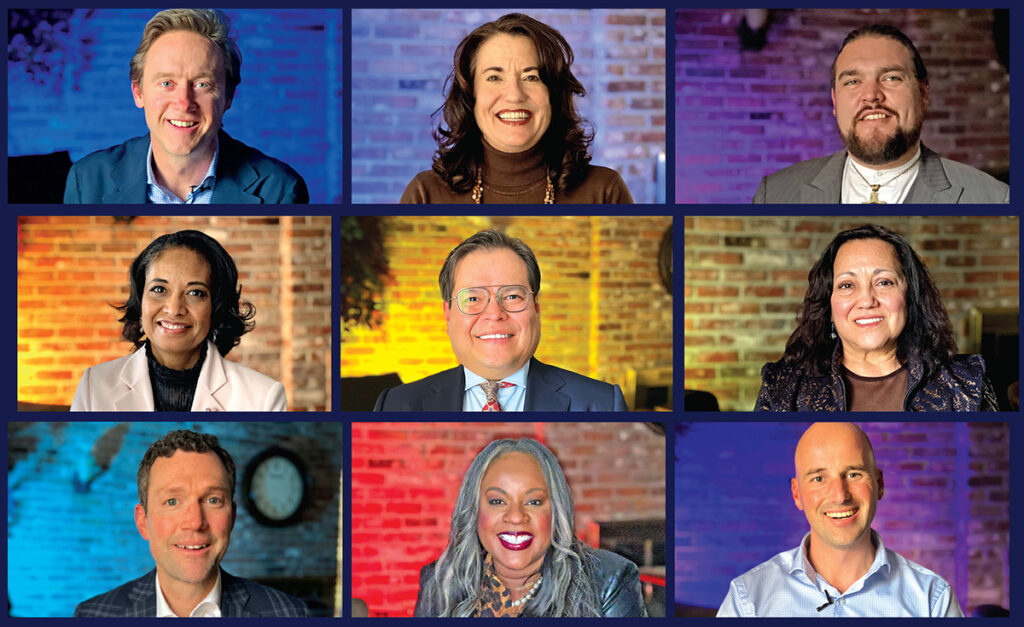
Jesús Sánchez Meleán
Haga click aquí para leer la versión en español
Denver Mayor Michael Hancock is ending his third term in office and is no longer eligible for reelection. The election of Hancock’s successor will take place on April 4th. But, if it is needed, there will be a runoff on June 6th. The Denver Clerk and Recorder’s office, in charge of county elections, certified 17 names on the ballot as a candidates for Denver Mayor. Meanwhile, there are 8 other “write-in” candidates.
Why is there so much interest in pursuing this position? The existence of two dozen candidates for mayor of Denver is related to the implementation of an initiative in this electoral campaign by the Denver City Council, seeking to motivate more people to participate in this electoral process. The City Council created the “Fair Election Fund,” which allows granting resources to encourage political participation.
The idea is that the access to large sums of money should not become an obstacle for people coming from different backgrounds and interests to compete to be mayor of Denver. As a result, candidates who meet the fund’s requirements will be able to receive sums of money contributed by their supporters. An ordinary person will see how the 50 dollars they contribute to their candidate will be multiplied to become 500 dollars.
The candidates will see how the fund matches the first 50 dollars given by their followers. Those who compete under the rules of this fund must pledge to refuse campaign contributions from corporations. These candidates also must be willing to participate in at least two public debates to properly inform voters about their platforms.
To choose from
The second explanation for the abundance of mayoral candidates relates to the importance of a mayoral office. The mayor of Denver has a higher monthly income than the governor of Colorado and is one of the highest paid positions as compared to the private sector as well. In addition to being well paid, the mayor of Denver has a very broad decision-making capacity.
Denver applies the “Strong Mayor System,” or strong mayor model. The authority and powers of Denver’s mayor are far superior to those of the municipal chamber to which he reports. This model is also applied in Colorado Springs and Pueblo. But it is not the most common in the state of Colorado. Most cities in the state use a city manager and have a mayor who is only an elected member of the house.
Denver was created in 1861 prior to the creation of the state of Colorado and hence the need to give great executive power to its mayor. The mayor appoints the 52 top officials who head the city’s departments and agencies. At the same time, the mayor appoints board members of independent agencies such as Denver Airport, Red Rock, the Denver Zoo, and the Denver Art Museum, among others.
In addition, the Denver Mayor takes the lead in the creation of a budget that is approved by the City Council. With just nine of the thirteen votes of the chambers’ members, they can change the mayor’s budget decisions, and any other of his decisions. Denver voters have a very conscious choice in their hands as to who will lead the city after July 2023.

You may also like:
DPS board lifts ban on police on campus
Statewide grand jury indicts five members of a Greely and Loveland family
Pável Meléndez Cruz: “Mexico is committed to the fight against fentanyl”






otras noticias
Run, Breathe, and Be Amazed at LUNA
Colorado Legislature Approves Law to Boost Food Truck Industry
Polis has 30 days to sign, veto, or let SB25-276 take effect